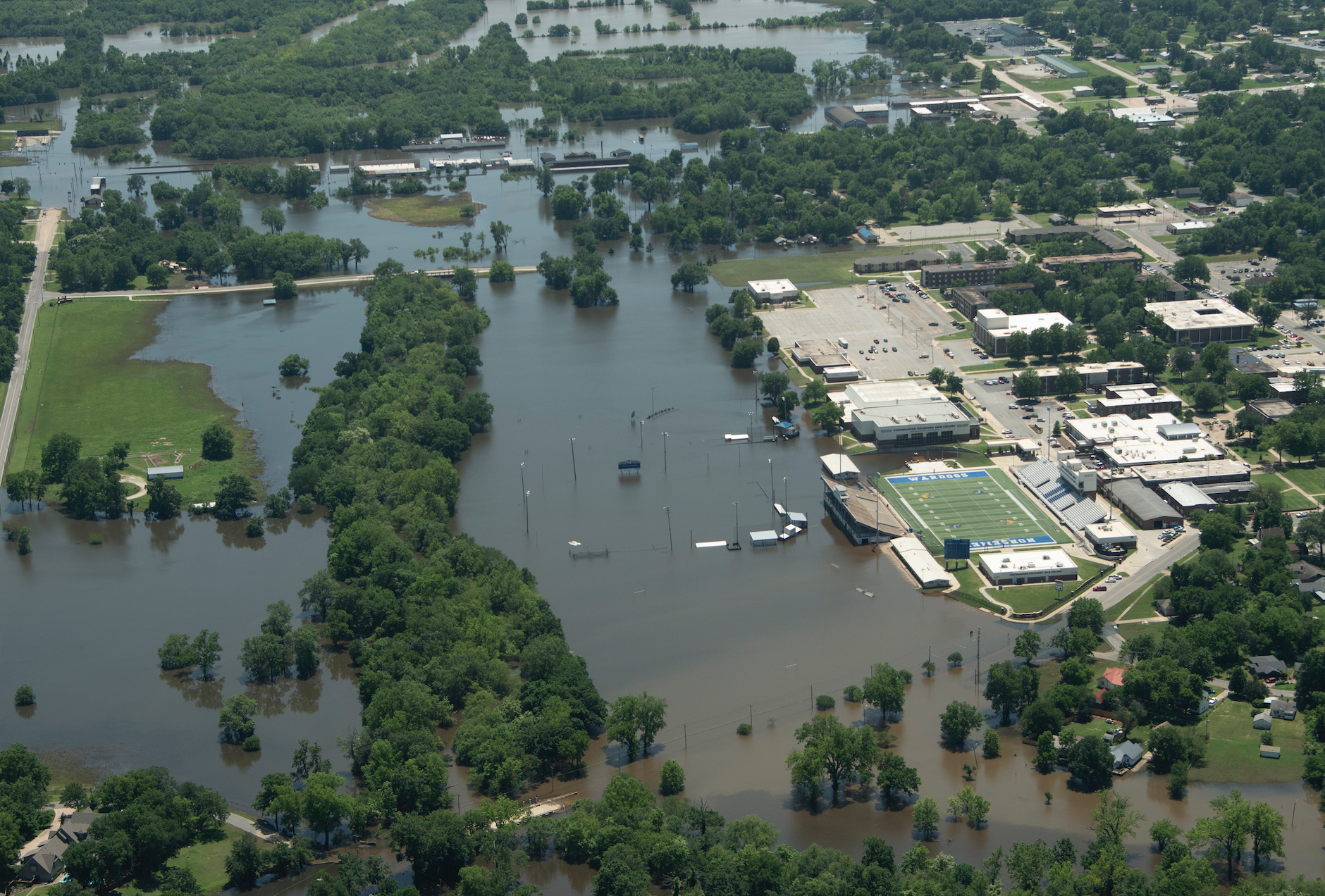No state exemplifies weather whiplash extremes quite like California (see the Water Foundation’s most recent blog). After the state’s worst drought in 1,200 years, the dozens of atmospheric rivers over the winter transformed the state’s tune from drought to deluge. State reservoirs are almost all full, effectively removing the state from drought conditions, and the Sierra snowpack has reached levels not seen in 70 years. Flood waters have swamped communities and put the state’s flood protection system and water management assumptions to the test. State officials expect the melting snowpack to continue to threaten frontline communities and Governor Newsom has proposed a $290 million budget increase to bolster flood protection, including nature-based solutions, state-wide.
Since its founding, the Water Foundation has invested in efforts to modernize and improve flood management and policy in California. In light of this year’s dramatic weather and associated flooding, the Foundation is eager to explore how we can more effectively support some of the state’s most vulnerable communities threatened by flooding. On June 7, the Water Foundation hosted an online briefing featuring Harriet Festing, Co-founder and Executive Director of the Anthropocene Alliance (A2), to share how the organization is supporting community groups threatened by flooding to reduce their vulnerability in the future.
The Anthropocene Alliance is a member-based, national nonprofit, working to support a growing cohort of 170 communities impacted by flooding, toxic waste, wildfires, drought, and heat. To help communities fight for protection against these disasters, A2 provides members with organizing support, scientific and technical guidance, and better access to foundation and government funding. Most of all, its work consists of listening to frontline leaders. Harriet says, “their experience, research, and solidarity guide everything we do, and offer a path toward environmental and social justice.”
Harriet began the briefing by introducing four of A2’s members who have suffered impacts from flooding. Jackie Jones from Reidsville, Georgia (Reidsville Georgia Community Floods) described her experience working with A2, “My complaints about citywide flooding fall upon deaf ears. It was extremely frustrating to see myself and my neighbors treated as if our concerns were not valid. However, now because of my affiliation with the Anthropocene Alliance I am regarded with respect and I’m actually listened to.“
A2’s initiative Frontline 360° draws on multi-partner collaboration to help community-based climate and environmental justice organizations apply for public funding by providing them with pro bono, technical assistance support. The program matches members with scientific, legal, policy, and communications experts; connects members to government agencies and public officials; provides grants to support community organizing efforts; and overall amplifies and empowers the voices of community leaders.
Harriet explained, “It’s like a clinic. We help members identify and scope the problem, match them to the right partners, help them engage with the community, and provide support through the end of their identified need.”
Harriet and A2 have placed a significant focus on reducing flood risk of member communities by advocating for the kind of multi-benefit, nature-based solutions that are becoming increasingly popular in California, and particularly the Central Valley. Floodplain reactivation, successfully exemplified by Dos Rios, or land re-purposing, offers opportunities to protect communities while creating opportunities for access to nature for historically park-poor communities and enhancing water security by recharging groundwater aquifers.
Since the launch of the program in 2017, Anthropocene Alliance has seen significant success, raising more than $26 million in funding and providing pro bono services to 85% of its members. For example, this year (bolstered by support from the Water Solutions Fund), A2 helped write 14 funding pre-proposals to the National Fish and Wildlife Foundation on behalf of 49 community-based organizations to a value of $6 million, 13 of the pre-proposals were invited to full proposal. Some federal agencies are easier to navigate than others. Harriet reports great success working with the Army Corps of Engineers Silver Jackets Program and sees more doors opening to assist flood victims.
With a proposed Climate Resiliency and Flood Protection Bond Act authorizing millions for flood protection and climate resiliency projects in California, A2 is eager to explore how it might help community-based organizations access and leverage state dollars and technical assistance. The Golden State is ripe with innovation and opportunity to enhance community resilience, and A2 hopes to broaden its membership and capacity with so many communities at risk.
We at the Water Foundation believe in the power of a more diverse community of practice around flooding, that elevates the voices of the most vulnerable communities, helping them confront the challenges they face, building decision maker awareness of their concerns and proposed solutions, and advocating for comprehensive change. Through advocacy efforts and strong campaigns, we can increase public investment in equitable, nature-based solutions for a more climate-secure and resilient future for everyone.
Learn more about the work of frontline leaders around the nation working with A2:
- How One Woman Became the Voice for Her Neighborhood’s Flood Survivors
- Rebecca Jim Fights to Reduce the Impact of Flooding, Pollution on Her City and Local Tribes
- On Mississippi’s Gulf Coast, a Local Advocate Works to Protect Underserved Communities and Wetlands
